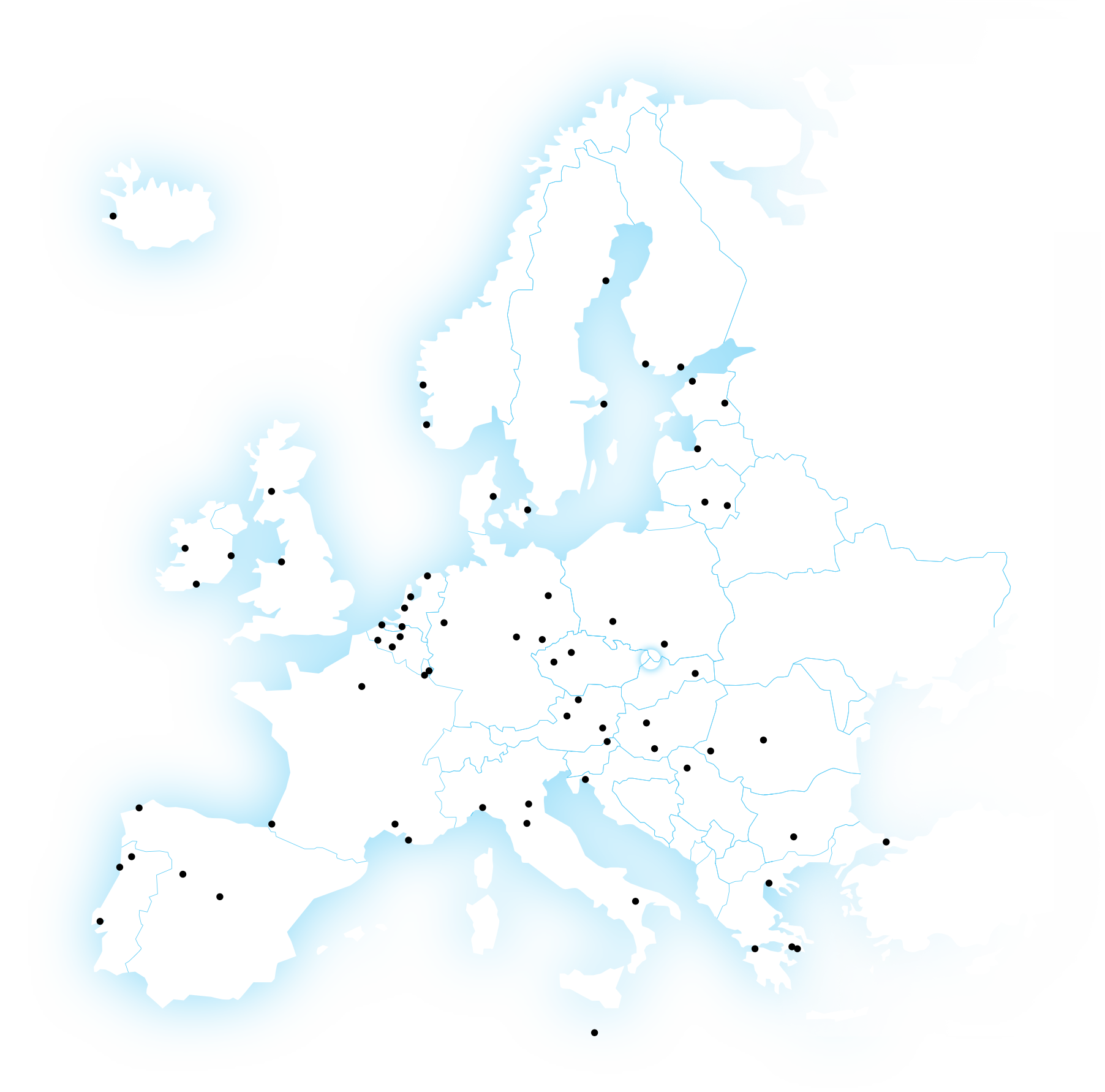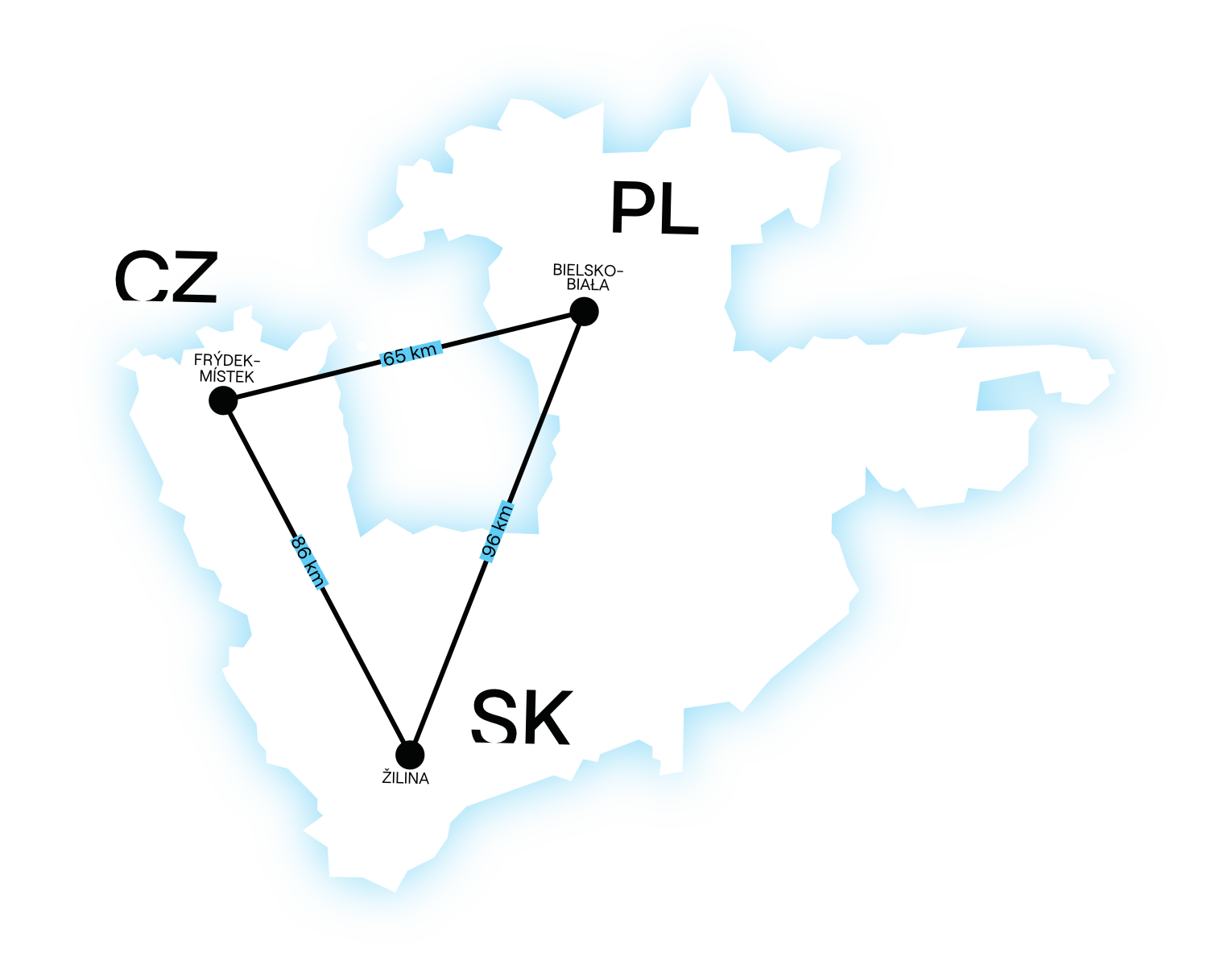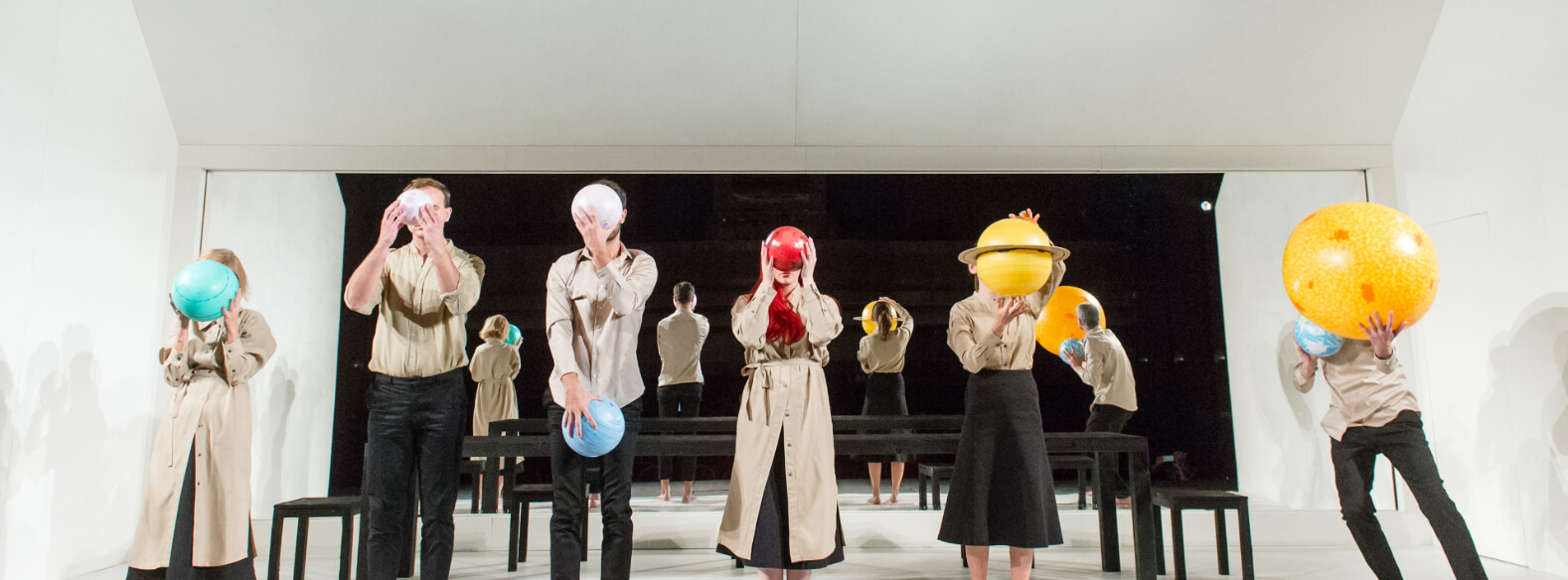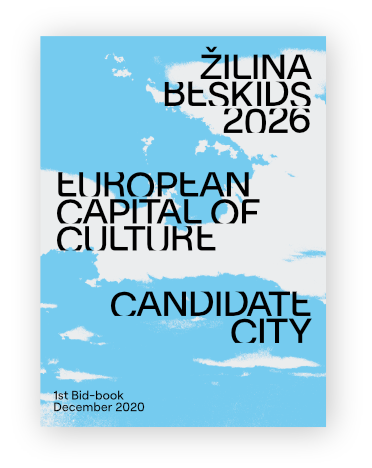
W Żylinie powstał impuls do zmian i wierzymy, że kultura może tę pomóc tej zmianie. Chcemy wykorzystać tę wyjątkową szansę z projektem Żylina Beskidy 2026
„Okno” wymaga otwarcia, spojrzenia na zewnątrz i wpuszczenia świeżego powietrza z Beskidów i innych części Europy. Zainspirujmy się i na odwrót, inspirujmy innych.

Od 1985 roku tytuł Europejskiej Stolicy Kultury został przyznany ponad 60 miastom w całej Unii Europejskiej. Celem tej inicjatywy jest przedstawienie różnorodności kultur europejskich, promowanie współpracy kulturalnej oraz odzwierciedlenie aktualnych problemów i wyzwań europejskich. W 2026 roku tytuł otrzyma jedno słowackie i jedno fińskie miasto.

Ubiegamy się o tytuł Europejskiej Stolicy Kultury wspólnie z miastami partnerskimi Bielsko-Białą w Polsce, Frydkiem-Mistkiem w Czechach oraz całymi Beskidami, obszarem geograficznym gór, który łączy uczestniczące miasta i Region.
Czujemy potrzebę przełamania barier mentalnych istniejącymi między nami i rozwijania współpracy międzynarodowej, ponieważ Żylina zawsze odnosiła największe sukcesy, kiedy otwierała się na nowe pomysły. Mamy więcej wspólnego z naszymi partnerami, niż to się wydaje na pierwszy rzut oka. Połączyliśmy siły z naszymi partnerami, podobnymi do nas, dążąc do wspólnego celu – podniesienia europejskiego rangi naszego regionu i widocznienia go na turystycznej, gospodarczej i kulturalnej mapie Europy.

Wyzwanie, któremu chcemy się sprostać to budowanie nowej kultury partycypacji. Przygotowując pierwszy wniosek aplikacyjny, odbyliśmy setki szczegółowych bilateralnych spotkań, wizyt i warsztatów, podczas których zidentyfikowaliśmy możliwości współpracy, opracowaliśmy projekty i stworzyliśmy sieć partnerów w mieście i regionie.
Przygotowanie długoterminowej strategii kulturalnej miasta odbywa się równolegle z działaniami przygotowawczymi do kandydatury Żyliny do tytułu ESK. Stworzenie tego strategicznego dokumentu opiera się na działaniach partycypacyjnych i analizach i ma na celu stworzenie warunków dla dalszego rozwoju kultury i przemysłów kreatywnych w mieście. Niezależnie od tego, czy Żylina ostatecznie zdobędzie tytuł Europejskiej Stolicy Kultury, czy też nie, jest to okazja do zdefiniowania wizji dla miasta Żyliny.
